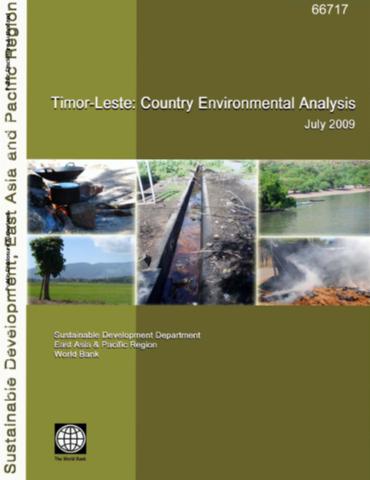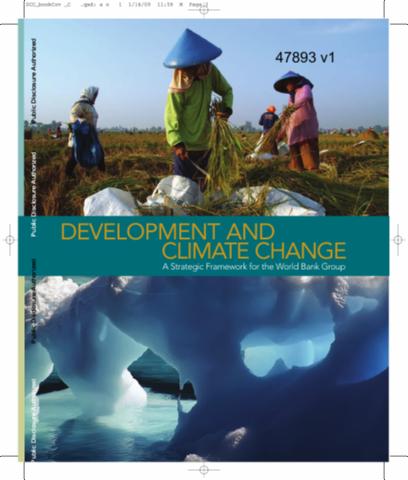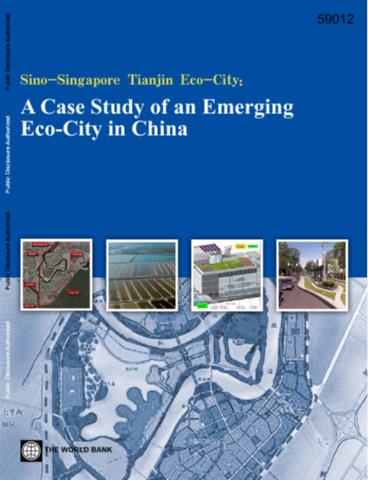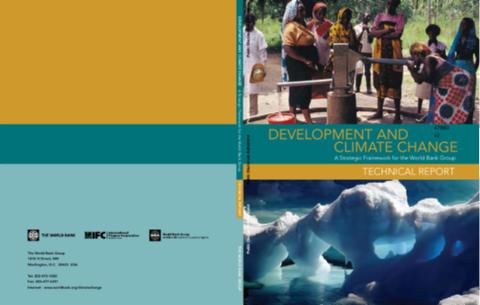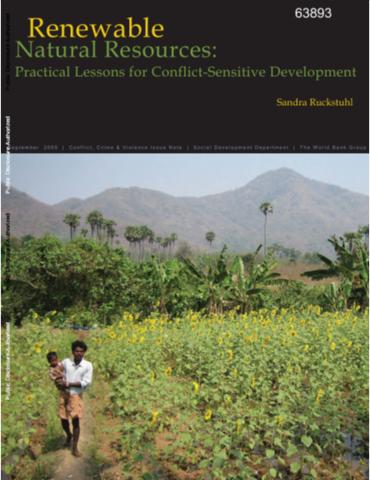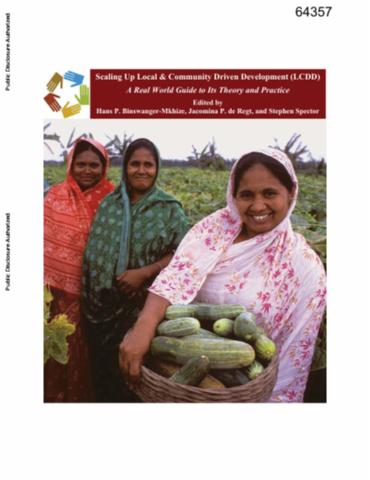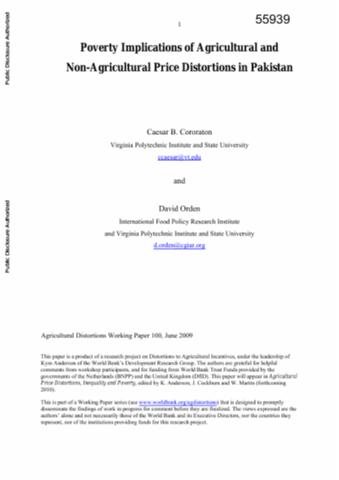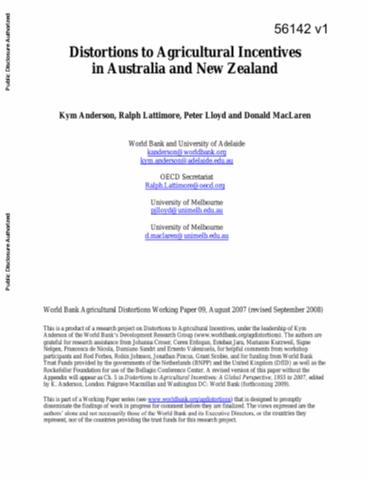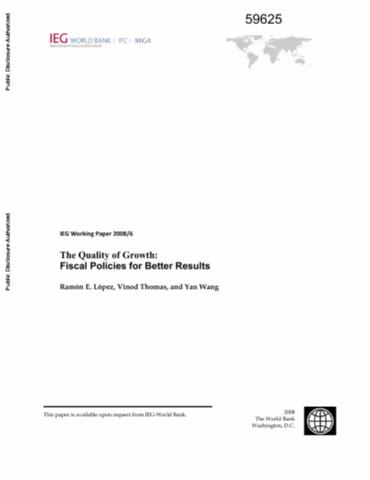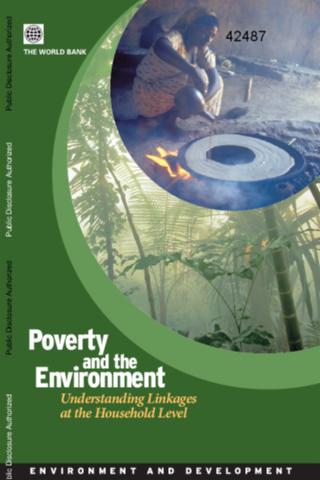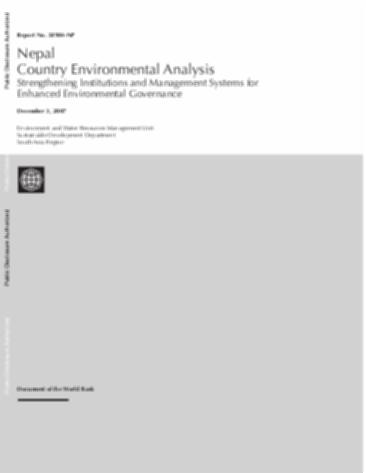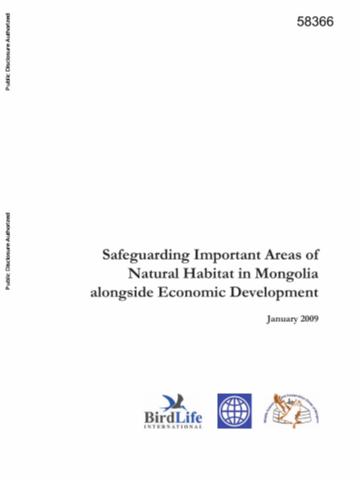Timor-Leste
The Country Environmental Analysis (CEA) for Timor-Leste identifies environmental priorities through a systematic review of environmental issues in natural resources management and environmental health in the context of the country's economic development and environmental institutions. Lack of data has been the main limitation in presenting a more rigorous analysis. Nevertheless, the report builds on the best available secondary data, presents new data on the country's wealth composition, and derives new results on the costs of water and air pollution.

